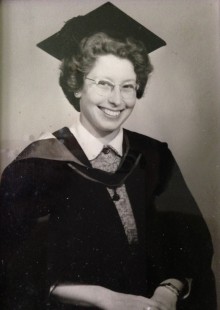Sonja Hancox – Life Before The War
Sonja talks about her family and the changes that she noticed once the Nazis came to power. She describes life in Germany before they became refugees. INT: Today is the 24th of July 2013 and I’m here to interview Sonja Hancox. Sonja, could you tell me first when and where you were born and what… Continue Reading Sonja Hancox – Life Before The War

